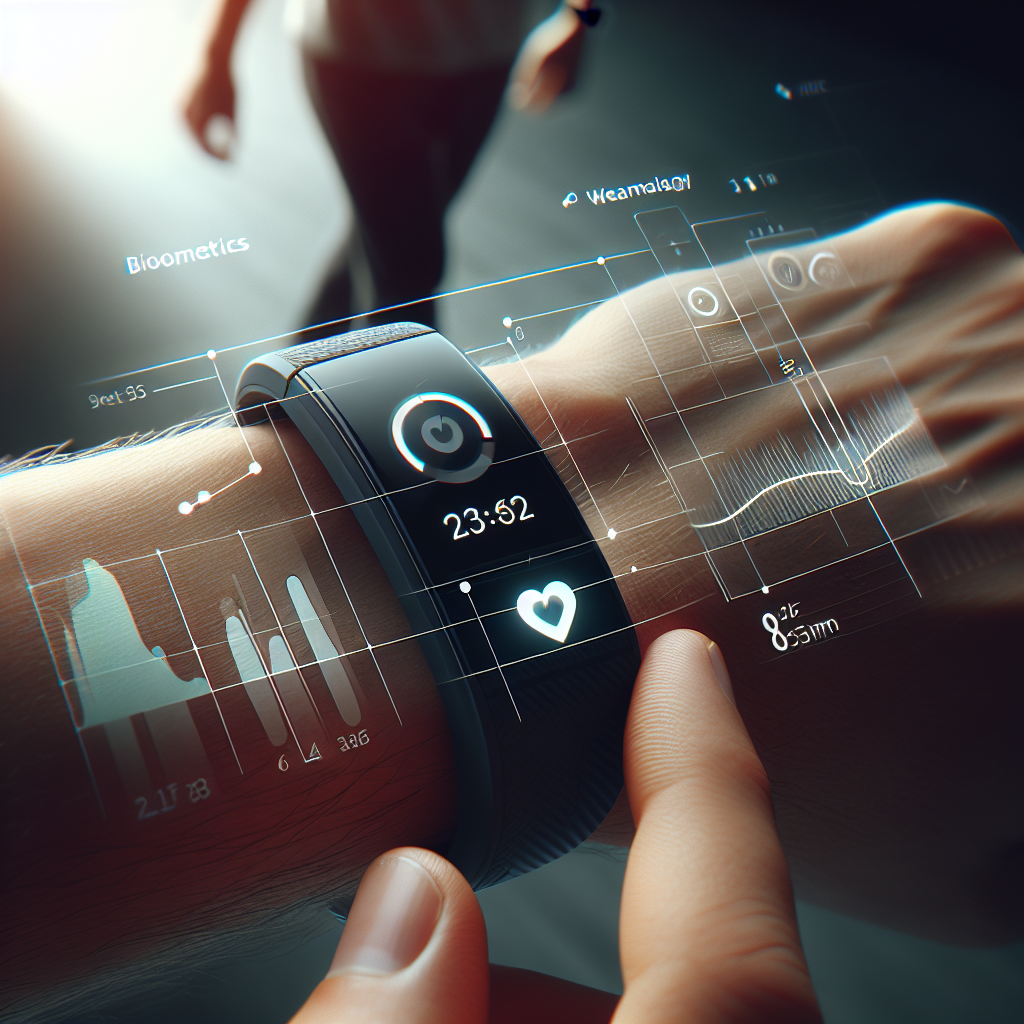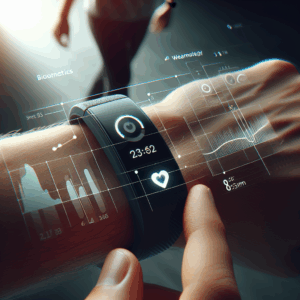
Is your fitness tracker doing more than counting steps? A new wave of personalized, AI-powered fitness searches is sweeping the internet. Driven by biometric data, wearable health technology, and cutting-edge biohacking tools, fitness is now uniquely tailored to you. In this article, discover why this trend is booming, the impact on your health choices, and what innovations are on the horizon.
Imagine waking up each morning to an AI-generated workout, recommended based on last night’s sleep quality, heart rate variability, and stress levels—measured by your smartwatch and seamlessly synced with your meal plan. This isn’t science fiction but daily reality for a growing number of health-conscious users.
What’s Happening?
Today, searches for personalized fitness solutions are surging. Digital platforms are leveraging artificial intelligence to craft training plans tailored to an individual’s unique biometrics—like genetics, blood pressure, and metabolic rate. Wearable devices from leading brands such as Apple Watch and Fitbit record detailed health metrics, from oxygen levels to sleep cycles. Meanwhile, biohacking—using tech, nutrition, and lifestyle tweaks to optimize performance—is becoming mainstream, with devices like continuous glucose monitors and AI health apps now featured on sites like Bloomberg and Healthline.
Why It Matters
This surge is transforming how people approach their health. Personalized AI fitness helps users achieve goals faster and more safely by addressing their unique needs. For those managing chronic conditions or seeking athletic performance, biometric monitoring offers real-time guidance, reducing guesswork and boosting motivation. Additionally, leveraging big data for predictive analytics is empowering users to preemptively address issues before they become serious.
What’s Next?
- Integration of DNA-based insights for hyper-personalized coaching
- Growth of decentralized fitness data platforms focused on privacy and data ownership
- Collaboration between healthcare providers and wearable tech developers to ensure clinical accuracy
- Emergence of community-driven AI wellness platforms with gamified goals, predicted on platforms like Google Trends
Upcoming events include expected policy announcements by regulators regarding wearable data privacy and new FDA approvals for medical-grade fitness biosensors. Stakeholder reactions are mixed: while tech supporters hail the advancements, privacy advocates urge caution, emphasizing the need for secure personal data protocols. Fitness professionals are adapting their strategies, integrating AI dashboards to better track client progress and outcomes.
Do you think AI-powered fitness tools make health more accessible, or is there a risk of leaving some people behind? Share your thoughts in the comments!
In summary, the explosion of personalized AI fitness driven by biometrics, wearables, and biohacking is revolutionizing wellness. As technology evolves and policies adjust, individuals gain more precise control over their health—though questions about data security and inclusivity remain. Stay informed to harness these innovations for your best self.







